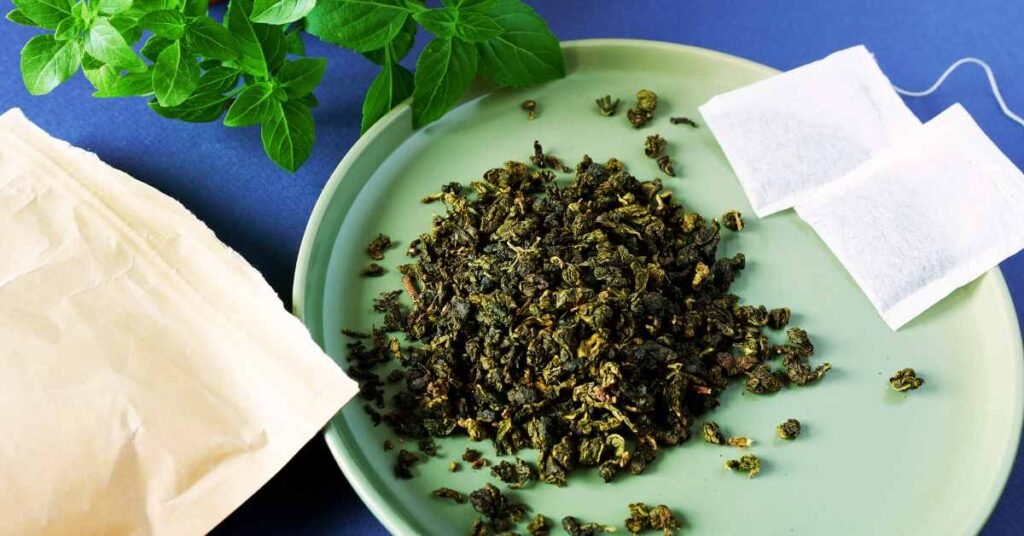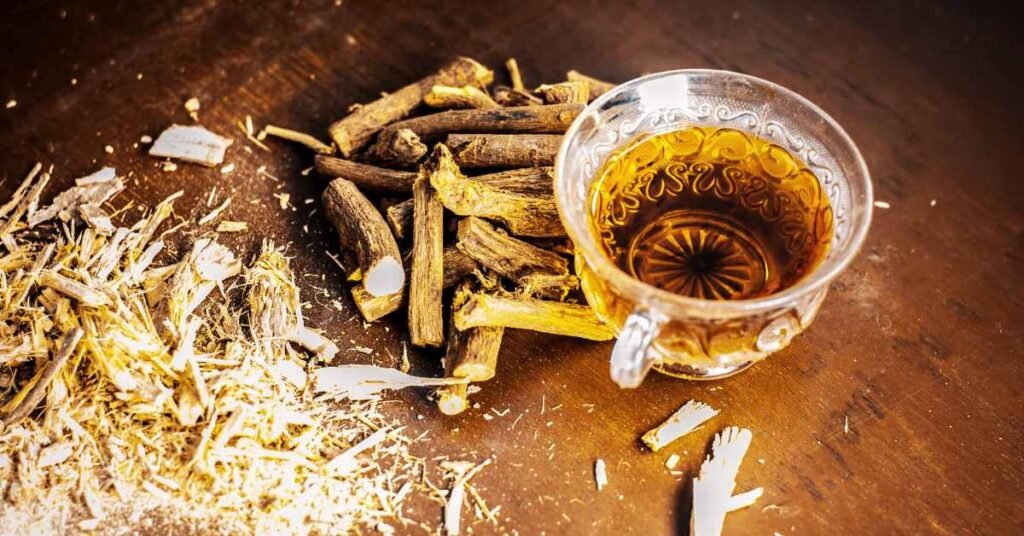Hepatitis C is a viral infection affecting the liver, caused by the hepatitis C virus (HCV).
While medical interventions like antiviral medications are the primary treatment, complementary approaches such as a healthy diet and natural remedies may play a supportive role.
Tea, with its rich array of antioxidants and potential therapeutic properties, emerges as an intriguing element in the holistic approach to hepatitis C recovery.
In this comprehensive exploration, we delve into the various types of teas and their potential contributions to easing symptoms and supporting liver health during hepatitis C recovery.
1. Green Tea: A Potent Antioxidant Arsenal

Green tea, derived from Camellia sinensis leaves, is renowned for its high concentration of polyphenols, particularly catechins.
Epigallocatechin gallate (EGCG), a catechin present in green tea, has been studied for its antioxidant and anti-inflammatory effects.
These properties may contribute to reducing oxidative stress and inflammation in the liver, providing support for individuals recovering from hepatitis C.
2. Milk Thistle Tea: A Traditional Hepatoprotective Remedy
Milk thistle (Silybum marianum) has a long history of use as a hepatoprotective herb.
Silymarin, a complex of bioactive compounds found in milk thistle, is believed to exhibit antioxidant, anti-inflammatory, and liver-regenerating properties.
Consuming milk thistle tea may introduce these beneficial compounds, potentially aiding in liver health and recovery during hepatitis C.
3. Turmeric Tea: Tapping into Curcumin’s Anti-Inflammatory Power

Turmeric, a vibrant yellow spice, contains curcumin, a potent anti-inflammatory compound.
Hepatitis C often involves liver inflammation, and turmeric tea may assist in alleviating this symptom.
Curcumin’s antioxidant properties could also help combat oxidative stress in the liver, promoting a conducive environment for recovery.
4. Ginger Tea: Easing Digestive Discomfort and Nausea
Ginger has a well-established reputation for its anti-nausea and digestive-soothing properties.
Individuals with hepatitis C may experience digestive issues, and ginger tea can be a natural and gentle remedy to alleviate symptoms such as nausea and improve overall digestion, contributing to a more comfortable recovery process.
5. Dandelion Root Tea: Supporting Liver Detoxification
Dandelion root has been traditionally used to support liver health and aid in detoxification.
Hepatitis C places a burden on the liver, and dandelion root tea may stimulate bile production and support the elimination of toxins.
This gentle liver-tonic could be a valuable addition to a comprehensive approach to hepatitis C recovery.
6. Licorice Root Tea: Anti-Inflammatory and Immune Modulation

Licorice root possesses anti-inflammatory properties and has been used in traditional medicine to soothe various respiratory and gastrointestinal conditions.
While it may help reduce inflammation, licorice root tea also has immune-modulating effects, potentially assisting the body in its natural defense mechanisms during hepatitis C recovery.
7. Peppermint Tea: Cooling and Digestive Comfort
Peppermint tea, with its natural antispasmodic properties, can provide relief for digestive discomfort associated with hepatitis C.
Its cooling effect may also be soothing for individuals experiencing fever, contributing to an overall sense of comfort during recovery.
Final Word
Tea, with its diverse range of flavors and therapeutic compounds, can be a comforting and potentially beneficial element in the journey of hepatitis C recovery.
However, it is crucial to emphasize that while teas may offer support, they are not a substitute for medical treatment, including antiviral medications.
Individuals with hepatitis C should work closely with healthcare professionals to develop a comprehensive care plan.
Furthermore, individual responses to teas can vary, and it’s advisable to start with small quantities, especially for those with pre-existing health conditions or allergies.
Maintaining overall health through a balanced diet, hydration, and adequate rest is fundamental to hepatitis C recovery.
Tea, as a soothing and health-supporting beverage, can be enjoyed as part of a holistic approach to wellness during the recovery process.
MEDICAL DISCLAIMER
Itsnevernotteatime.com cannot and does not contain medical/health advice. The medical/health information is provided for general and educational purposes only and is not a substitute for professional advice.




